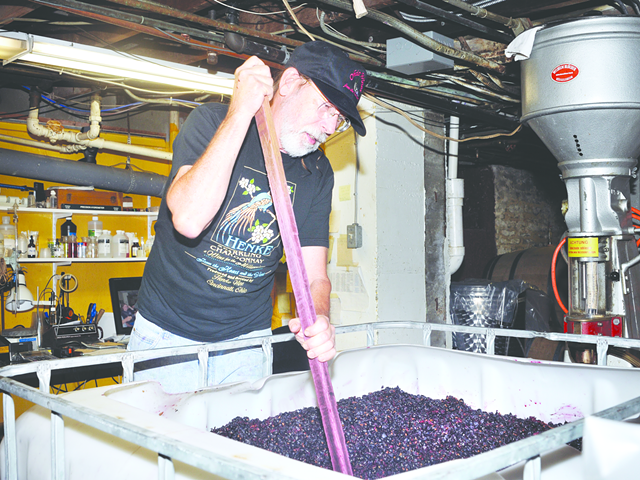When Bob Taft left the governor’s office in 2007, he was seen as little more than a pompous bumbler. His two terms ended with a conviction on a misdemeanor ethics crime for failing to report free golf outings. He was the epitome of a country club Republican, a patrician who played but didn’t pay, a rajah who blamed his aides for failing to mention on ethics filings that his greens fees were gifts. Meanwhile, a major scandal involving rare coin investment contracts with a well-connected supporter from Toledo was roiling the state workers’ compensation insurance fund. That crime smelled like like pay to play in the Taft Administration. And Taft’s poll numbers were deep in the pits — he was rated the most unpopular governor in the United States. Many Ohioans viewed Taft as a pol who was at his best only when the going was good. Now he’s on the road to a comeback of sorts. The Taft years are getting a second look, and out of it emerge a different image, that of a governor with a sensible environmental policy. For example, who noticed that he tried to stop Asian carp from invading our waterways nearly a decade ago — an invasion that has come true.
Next month, the state’s most important environmental/conservation organization plans to give Taft its award for lifetime achievement as a consistent backer of policies and programs for clean air and water. So the governor who skipped his green fees is being recognized as Mr. Green. The Ohio Environmental Council says it will bestow the honor Nov. 10 at its annual “Green Gala” in Columbus.
Taft is being seen in hindsight as the kind of R who wasn’t afraid of standing up for the environment. That is a rarity in today’s GOP, where Rush Limbaugh routinely denounces tree-huggers as enviro-fascists, and the EPA is widely portrayed as a jobs-killing hydra. Of course, few remember that Republican President Richard Nixon created the EPA. Nor do they seem to recollect that Teddy Roosevelt — when he wasn’t hunting elephants or elk — is the patriarch of the national park system.
Taft gets credit for taking on his own party, which recently considered tapping water from the Great Lakes. He had supported strict limits on withdrawing water from Great Lakes feeder streams for industrial and mining purposes — those streams replenished Lake Erie. Taft believed the Great Lakes were resources that needed more protection from special interests; they did not need more abuse and exploitation.
Taft also favored reauthorization of the federal Clean Water Act, and he wanted Superfund legislation fixed to add so-called “brown fields,” which were old industrial sites that could be cleaned and put back into use as commercial real estate. He supported an energy policy that would have 25 percent of all U.S. energy coming from renewable sources by 2025. He pushed natural gas companies to set aside funds to help low income families pay their heating bills.
As far back as 2003, Taft was urging governors and Congress to take drastic action to stop the spread of the Asian carp, the giant jumping fish that now are in the Ohio River near Cincinnati. He called such invasive species “perhaps the most serious and potentially destructive threat” to Ohio’s natural ecosystem. His warning about all the invaders came too true. Since then, Emerald Ash Borers have appeared and destroyed too much of Ohio’s forestland. And Asian longhorn beetles are on the march in Clermont County, where the Department of Natural Resources and Forest Service have drawn battle lines against the pest. Taft worried about water pollution, too. He said too many beaches were closed from bacteria and sewage, and he saw the solution as “not better information about when to close the beach, it’s not having to close the beach in the first place.”
So Taft is getting a thoughtful reappraisal. He may have been comfortable at play on the country clubs. But his reputation is coming back from low ebb.





